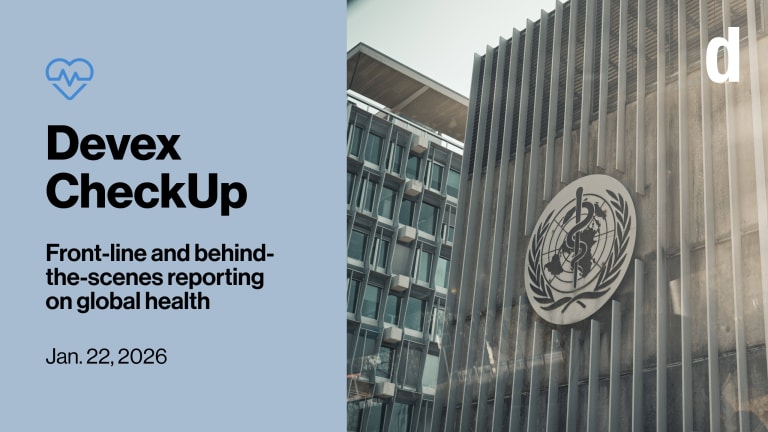
The United States announced Wednesday it will begin offering booster shots of COVID-19 vaccines to members of the American public eight months after they’ve received a second dose.
Shots will be administered from Sept. 20, with health care workers, nursing home residents, and older adults as the first eligible recipients. The announcement comes after Israel, which is already giving out third doses, and other high-income countries also revealed their intentions to provide booster shots.
“We are planning to hand out extra life jackets to people who already have life jackets, while we are leaving other people to drown without a single life jacket.”
— Mike Ryan, executive director, WHO Health Emergencies ProgrammeThe news also comes despite calls by the World Health Organization to hold off on administering third shots until at least the end of September so low- and middle-income countries have the opportunity to vaccinate larger portions of their populations before the global supply of vaccines is further disrupted — once again limiting access.
If all high-income countries decide to give booster doses to people above 50 years old, that would consume close to 1 billion doses, said WHO Chief Scientist Soumya Swaminathan during a news briefing.
The COVAX initiative, which has struggled all year to gain adequate access to vaccines, aims to deliver 1.5 billion doses to low- and middle-income countries by the end of the year, but it has so far only delivered 208 million — falling far short of its midyear goals as high-income countries hoard supplies.
"When COVAX says we have enough vaccines, then let's look at boosters. We are a long, long way from that," said Bruce Aylward, senior adviser to WHO Director-General Tedros Adhanom Ghebreyesus.
The data around the need for booster shots is still inconclusive, said Joachim Hombach, executive secretary of WHO's Strategic Advisory Group of Experts on Immunization.
Sign up for Devex CheckUp
The must-read weekly newsletter for exclusive global health news and insider insights.
No vaccine is 100% effective, meaning there will always be breakthrough infections when a large portion of a population is vaccinated, he said. While some information shows there is a level of decline in the protective efficacy of COVID-19 vaccines in relation to mild disease over time, there is no data to suggest that protection against severe disease also declines.
“We virtually have not seen a decline in relation to the really most important objective that we have: namely, the prevention of severe disease,” Hombach said.
But even if there were more scientific evidence around any “marginal benefit” of booster shots, third doses shouldn’t be administered, said Mike Ryan, executive director at the WHO Health Emergencies Programme.
“We are planning to hand out extra life jackets to people who already have life jackets, while we are leaving other people to drown without a single life jacket,” he said.









